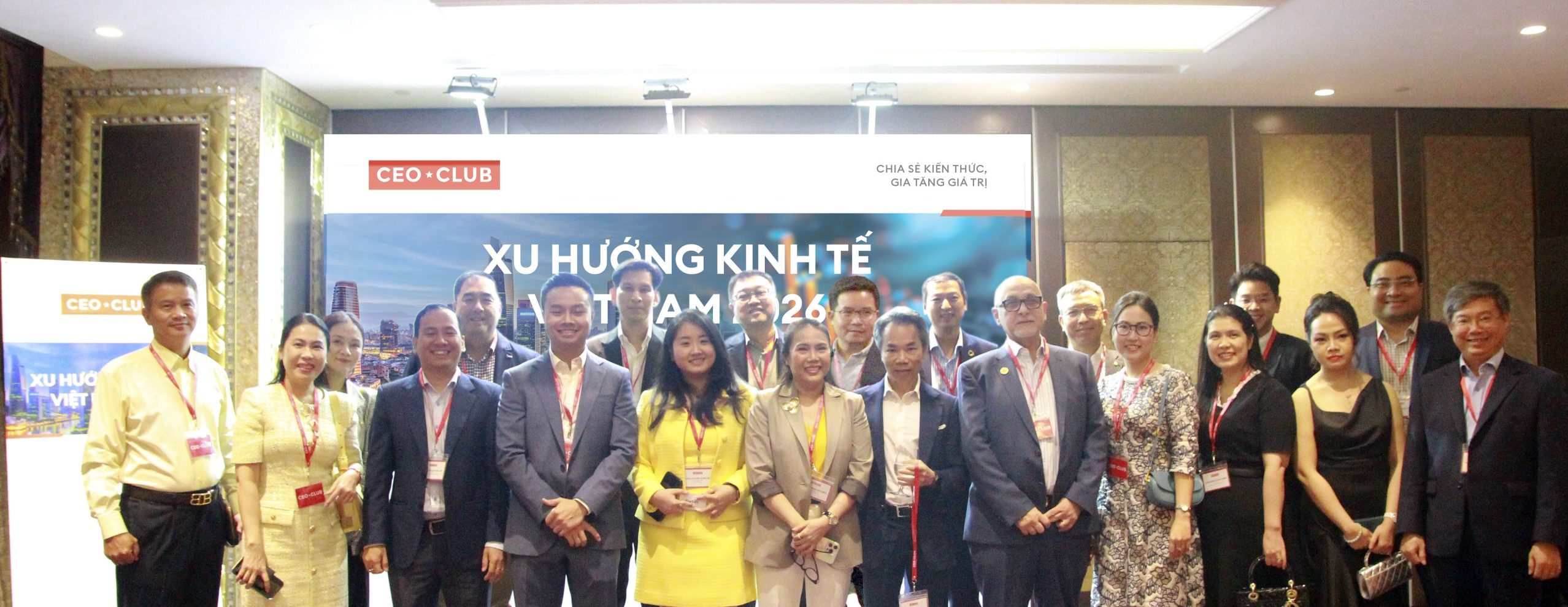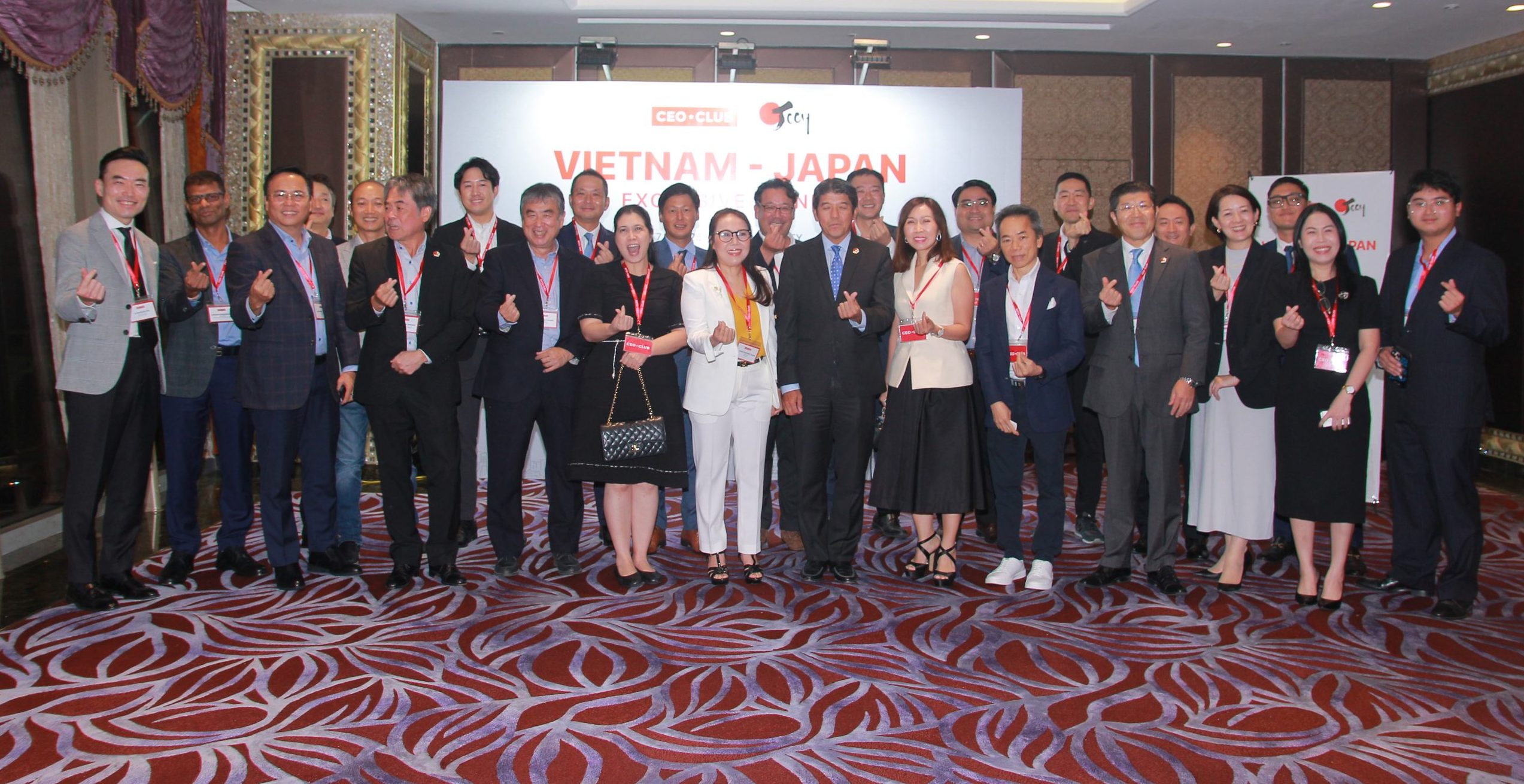The U.S. Commerce Department will hear testimony on whether to designate Vietnam as a “market economy” on Wednesday.

U.S. President Joe Biden makes a speech at the U.S. Capitol building in Washington, U.S., May 7, 2024. Photo by Reuters
The move, opposed by U.S. steelmakers and Gulf Coast shrimpers but backed by retailers and other business groups, would reduce the punitive anti-dumping duties set on Vietnamese imports.
“Vietnam is already a market economy,” said Ted Osius, head of the U.S.-ASEAN Business Council, which backs the upgrade. “It has met key criteria such as currency convertibility and is ready for an accurate designation.”
The Commerce Department will hear arguments from both sides during a virtual hearing on Wednesday afternoon in Washington as part of a review due to be completed in late July.
Vietnam has argued to be freed of the non-market label because of recent economic reforms, saying retaining the moniker is bad for increasingly close two-way ties.
During the U.S. President Joe Biden’s visit to Hanoi last year, the two countries elevated ties to a “comprehensive strategic partnership.”
Last year, Vietnamese Prime Minister Pham Minh Chinh also urged U.S. Treasury Secretary Janet Yellen for an end to the non-market label, befitting Vietnam’s status as a U.S. “friend-shoring” destination to diversify supply chains away.
‘The current designation lumps Vietnam in with China, Russia, Belarus, Azerbaijan an nine other countries as non-market economies subject to higher anti-dumping duties.
“American businesses are already investing significantly in Vietnam as they recognize its growth potential,” said Osius, a former U.S. ambassador to Vietnam.
The Commerce Department has a fairly narrow set of criteria for determining market economy status.
These include the extent to which the country’s currency is convertible; its wage rates are a result of free bargaining between labor and management, and permission for joint ventures or other foreign investment.
Further criteria include whether the government owns or controls the means of production and the government controls the allocation of resources and price and output decisions.
It can also consider other factors.
Goods from non-market economies are subject to higher tariff rates in anti-dumping duty investigations that use third-country proxy prices to determine a product’s fair market value.
This year, the U.S. International Trade Commission renewed anti-dumping duties of 25.76% on frozen farmed shrimp from Vietnam, but duties on shrimp from Thailand, a market economy, are only 5.34%.
Reuters (Source: e.vnexpress.net)


